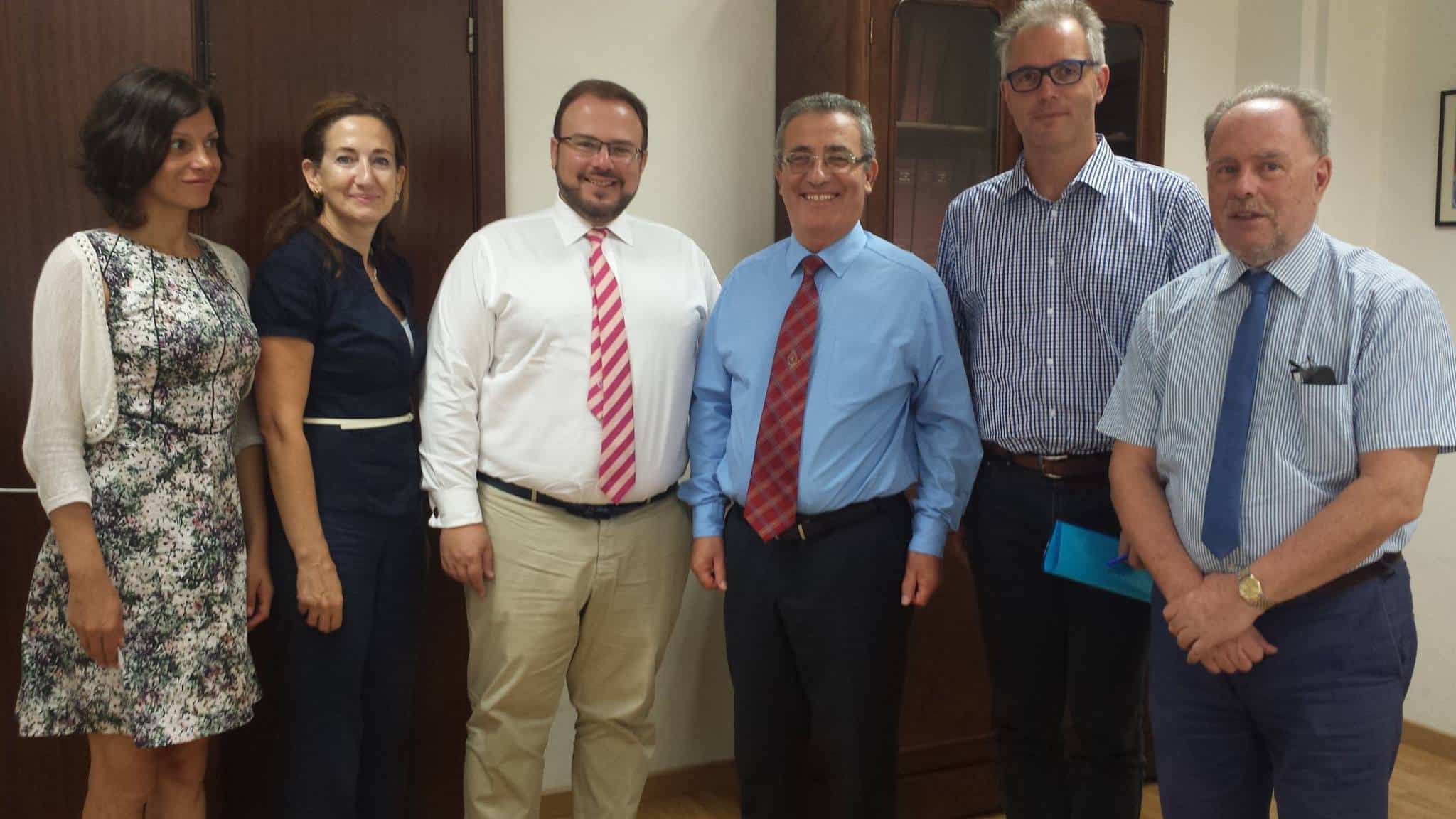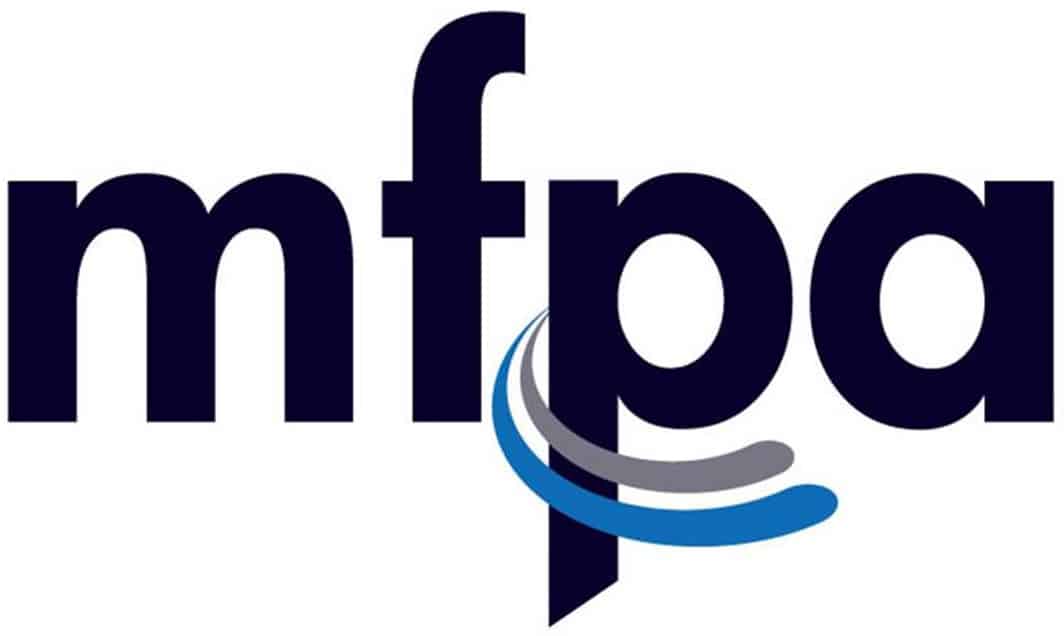
European Centre of Competence in Professional Ethics (ECEPE)
Contributing towards the development of a more performing service economy and more cohesive society through the improvement of ethical qualifications and practices in a broad range of professions.
The objective of the European Centre of Competence in Professional Ethics (ECEPE) is to contribute to the development of a more performing service economy and more cohesive society in Southern European countries, in particular, Malta, through the improvement of ethical qualifications and practices in a broad range of professions.
To this end, the ECEPE aims at:
- Developing research in the field of professional ethics
- Developing initial as well as CPD (Continuing Professional Development) training in professional ethics
- Disseminating societal awareness on professional ethics towards professionals, decision-makers, clients/service users and society at large.
It brings together the strengths of several core Maltese and Europe-based partners and develops a range of activities.
The ECEPE is still under development. The core initiators stem from six complementary organisations and institutions:
- The Malta Federation of Professional Associations (MFPA), in particular through Benjamin Rizzo, its current President
- The University of Malta, in particular through Dr. Jean-Paul de Lucca , Director of the Centre for the Liberal Arts and Sciences (CLAS) and Dr. David Fabri , Head of the Department of Commercial Law.
- The Université catholique de Louvain (UCL), in particular through Prof. Benoît Rihoux , Head of the Centre for political science and comparative politics (CESPOL)
- The University of Ljubljana, in particular through Prof. Bojana Lobe at the at the Chair of Social Informatics and Methodology (Faculty of Social sciences)
- The European Council of the Liberal Professions (CEPLIS), in particular through Prof. Theodoros Koutroubas , its current Director General and Senior Policy Adviser
- The Maltese Ministry for Education and Employment , under the authority of Minister Evarist Bartolo
Foreward by Hon Minister Evarist Bartolo, Minister for Education and Employment
At a time when Citizens’ voices for a more accountable, participative and ethically-minded Union are ever multiplied, the initiative of the professions that traditionally occupy the role of the intermediary between the Citizens and the Sate, to reaffirm and make broadly known the principles on which their exercise must be based, is heartening. Their patients and clients, all of us, are empowered by these principles, as any abuse of power of control of information is put on the spot and a true sense of service to the society, to the Human being, is celebrated.
I am proud to share with all those reading these lines that our Country is aiming at becoming a pioneer in the struggle for a more ethical, principal-based approach to all matters relevant to education and employment. Our Presidency of the European Council, scheduled to be held during the first Semester of 2017, will have ethics as one of its flagships in all issues relevant to our Ministry’s responsibilities. The setting up of a Centre of Excellence in Professional Ethics in Malta is the fruit of collaboration between our Ministry, the Professional World and Academia. Its foundation will answer many issues relating to the teaching of applied professional ethics to graduates and will generally contribute to placing ethics in the centre of the debate, in these islands and Europe-wide.
Specialised research centres/networks in the field of professional ethics
- Ethics Network (Ryerson University, Canada)
- European Business Ethics Network (EBEN) (France)
- Centre for Professional Ethics at Keele (Keele University, UK)
- Centre for Professional Ethics (University of Central Lancashire, UK)
- Center for Applied and Professional Ethics (California State University, Chico, USA)
- Ethics Institute (Dartmouth College, USA)
- Institute for Business and Professional Ethics (IBPE) (DePaul University, USA)
- Center in the Study of Ethics in the Professions (Illinois Institute of Technology, USA)
- Hoffberger Center for Professional Ethics (University of Baltimore, USA)
- Institute for Applied and Professional Ethics (University of Ohio, USA)
- Association for Practical and Professional Ethics (APPE) (University of Indiana, USA)





